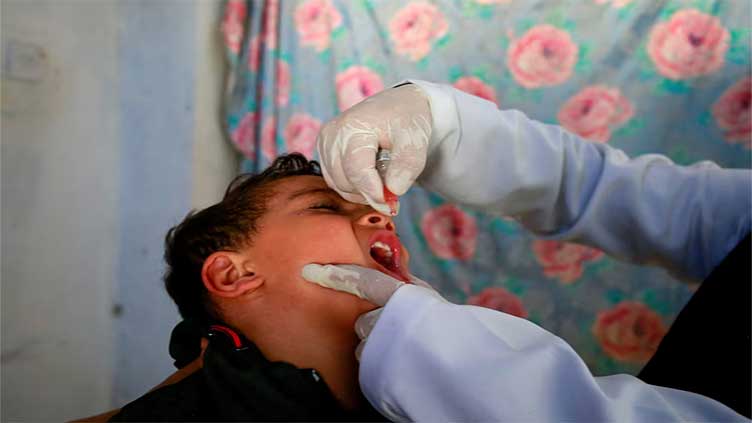Global health heavyweights team up for climate, disease funding

The Novo Nordisk Foundation, Wellcome and the Bill & Melinda Gates Foundation announced partnership
LONDON (Reuters) – Three of the biggest global health funders have joined forces for the first time in a $300 million partnership aimed at tackling the linked impacts of climate change, malnutrition, and infectious diseases and antimicrobial resistance.
The Novo Nordisk Foundation, Wellcome and the Bill & Melinda Gates Foundation announced the research partnership, focused particularly on finding affordable solutions for people in low and middle-income countries, in Denmark on Monday.
Each will put $100 million into the three-year initiative.
A key aim is to "break down barriers between often isolated areas of research", said Mads Krogsgaard Thomsen, chief executive officer of the Novo Nordisk Foundation.
For example, COVID-19 showed that obesity can be a risk factor for the severity of some infectious diseases, while extreme weather events linked to climate change can cause food insecurity, leaving undernourished children even more vulnerable to killer diseases such as measles and cholera.
The partners said advances in nutritional science and understanding the gut microbiome opened the door to understanding more about "the impact over- and under-nutrition have on all aspects of health and development".
The Novo Nordisk Foundation has a controlling interest in the drugmaker Novo Nordisk (NOVOb.CO), whose blockbuster weight-loss drug Wegovy has brought in billions for the foundation since its launch in 2021.
The partners said the initiative was important given faltering global attention to health post-pandemic. Wellcome's chief executive, John-Arne Røttingen, also said it was about tackling "market failures" and signalling a global commitment to equitable access to medical advances.
The funding will also include support for researchers based in low- and middle-income countries, and the partners said they are on the lookout for private, philanthropic and public partners.
“The most effective solutions to pressing challenges often emerge from the very communities they affect,” said Catherine Kyobutungi, executive director of the African Population and Health Research Center, a leading scientific research institution.



